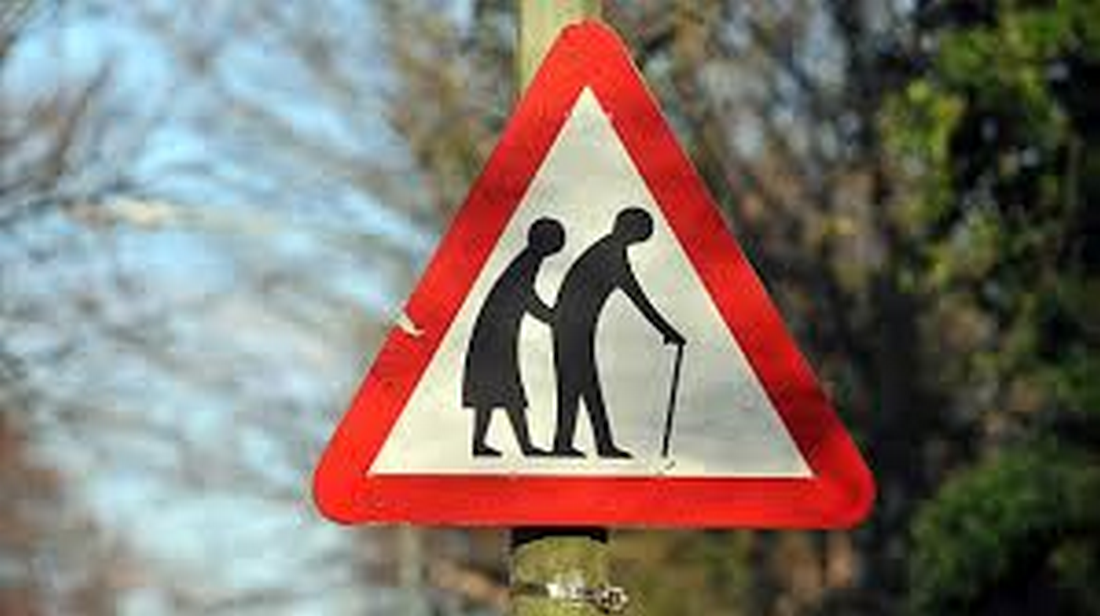Frailty Part 4
We have discussed the nature and consequences of frailty plus the role of exercise (essential!) in the prevention of frailty. What about treatment of this debilitating condition
Exercise in the treatment of frailty
Although some improvements in function may result from exercise interventions to treat the elderly infirm, once frailty has set in it may be too late to make major differences to performance.
A 2008 meta-analysis of exercise interventions showed improvements in both functional and physical performance in the treated groups, but no increase in ability to perform activities of daily living (ADLs). A further review in 2011 confirmed a limited benefit from applying exercise programmes to frail older adults and found that only more prolonged and vigorous exercise programmes were effective in improving functional ability – ‘multicomponent training interventions, of long duration (≥5 months), performed three times per week, for 30–45 minutes per session, generally had superior outcomes than other exercise programs’.
Elderly patients who already have some functional limitations may reduce their further decline with exercise. The progression of their in loss of functioning can be slowed by maintaining even a low level of physical activity. The LIFE study in the US randomised a volunteer sample of 1,635 mildly impaired sedentary men and women aged between 70 and 89 years into a programme of physical training or no intervention. The treated group showed significantly better mobility after 2.6 years of training. This effect is seen in ‘younger’ old people and the less disabled, but exercise may not help the very disabled, particularly those with severely limited mobility – exercise intervention is needed before debility has gone too far.
If it is to be any good at all, the exercise must be maintained – something that becomes increasingly difficult for the elderly. A trial that investigated weight training in nursing-home residents aged 90 years or older showed the training to be clearly beneficial in terms of strength and self-care scores – but the scores soon fell back to their pre-trial levels after the study ended.
Conclusion
Frailty, a devastating condition of later life, is not inevitable and everyone has the opportunity to prevent it for themselves. It is never too late to take up exercise, but if you leave it too long you may have missed the boat as far as reduction in dependency is concerned. And as you get older it becomes increasingly important to maintain a physically active lifestyle. Lapsing into a lazy old age is a recipe for detraining and the onset of dependency.
Balance and risk of falling
A particular role for exercise as a treatment for frailty is in the prevention of further tumbles in those who have already suffered accidental falls. Around one third of over-65s and half of over-80s fall at least once a year. Frailty predicts both falls and fractures. Falls are the leading cause of death from injury in the over-70s, often leading to fractures – including 80,000 hip fractures per annum in the UK.
The provision of exercise and education programmes to reduce the risk of falling is growing, an example being those set up by ambulance stations for the patients whom they have helped pick up from the floor. A large meta-analysis of such programmes involving more than 4,000 elderly fallers has shown subsequent reduction in falls of 30 per cent and in falls leading to fractures of 60 per cent – worthwhile indeed. The 2018 Cochrane Review of the use of exercise to prevent recurrent falls in the elderly concluded that a combination of balance and functional training with strength training is effective. If widely applied, this should reduce by a quarter the overall number of falls per year, which would amount to about 140 fewer falls per 1,000 older people over one year in the general population and twice as many in older people at high risk of falls.
 You can order a copy of my latest book here! This is directly through me for £12.50 and includes P&P.
You can order a copy of my latest book here! This is directly through me for £12.50 and includes P&P.
Alternatively, you can get in from Amazon for £14.76. The ebook version costs £4.49 but is free to KindleUnlimited members!
From Alton Waterstones for £14.99
From Alton Cardiac Rehab for £12.00 which includes a donation to the Charity 💕
Subscribe to the blog
Categories
- Accelerometer
- Alzheimer's disease
- Blood pressure
- BMI
- Cancer
- Complications
- Coronary disease
- Cycling
- Dementia
- Diabetes
- Events
- Evidence
- Exercise promotion
- Frailty
- Healthspan
- Hearty News
- Hypertension
- Ill effects
- Infections
- Lifespan
- Lipids
- Lung disease
- Mental health
- Mental health
- Muscles
- Obesity
- Osteoporosis
- Oxygen uptake
- Parkinson's Disease
- Physical activity
- Physical fitness
- Pregnancy
- Running
- Sedentary behaviour
- Strength training
- Stroke
- Uncategorized
- Walking


